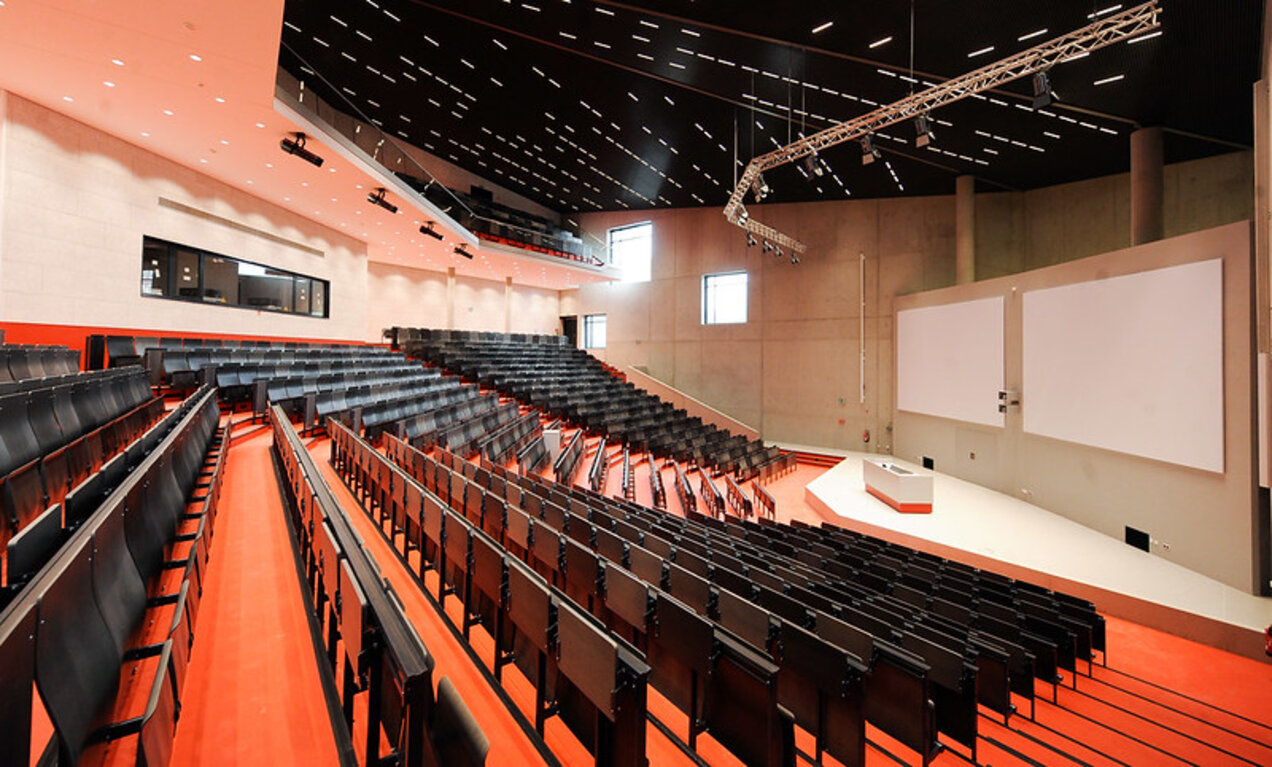
The Ruhr region – one of the largest metropolitan areas in Europe – comprises 53 cities and is home to more than five million people, many of them with a family history of migration. Major university cities are Dortmund, Duisburg, and Essen, with around half a million inhabitants respectively, as well as Bochum, with a population of more than 365,000. While its industrial heritage in coal mining and steel production is still visible in places, the Ruhr area has undergone a profound transformation into one of the densest science hubs in Europe, characterised by extraordinary diversity –social, cultural, and academic.
International recognition of the region increased when the “metropolis Ruhr” was elected European Capital of Culture in 2010, and the city of Essen was the European Green Capital in 2017. Among the characteristics that single out this region as a living environment are its cultural versatility and diversity, the unique mixture of urban landscapes and green spaces, and the short distances between its cities and points of interest.
Located in the west of Germany in the Federal State of North-Rhine Westphalia, the Ruhr region lies at the centre of Europe. From here, other German university cities such as Düsseldorf, Cologne, or Münster are within short reach thanks to a dense public transport network. A few hours’ travel will also take you to several destinations in bordering European countries Belgium, the Netherlands, France, or Switzerland.
Learn more:
The Ruhr region has the densest higher education and research landscape in Europe: three major universities (forming the University Alliance Ruhr), four universities of applied sciences, one university of the arts, and six private universities are based here, educating more than 190,000 students altogether. One distinction of the region is the extraordinarily high proportion of first-generation academics.
Adding to its character as a research hub, several internationally renowned research associations and societies – Max Planck, Leibniz, Fraunhofer, and Helmholtz – have institutes in the Ruhr area.
